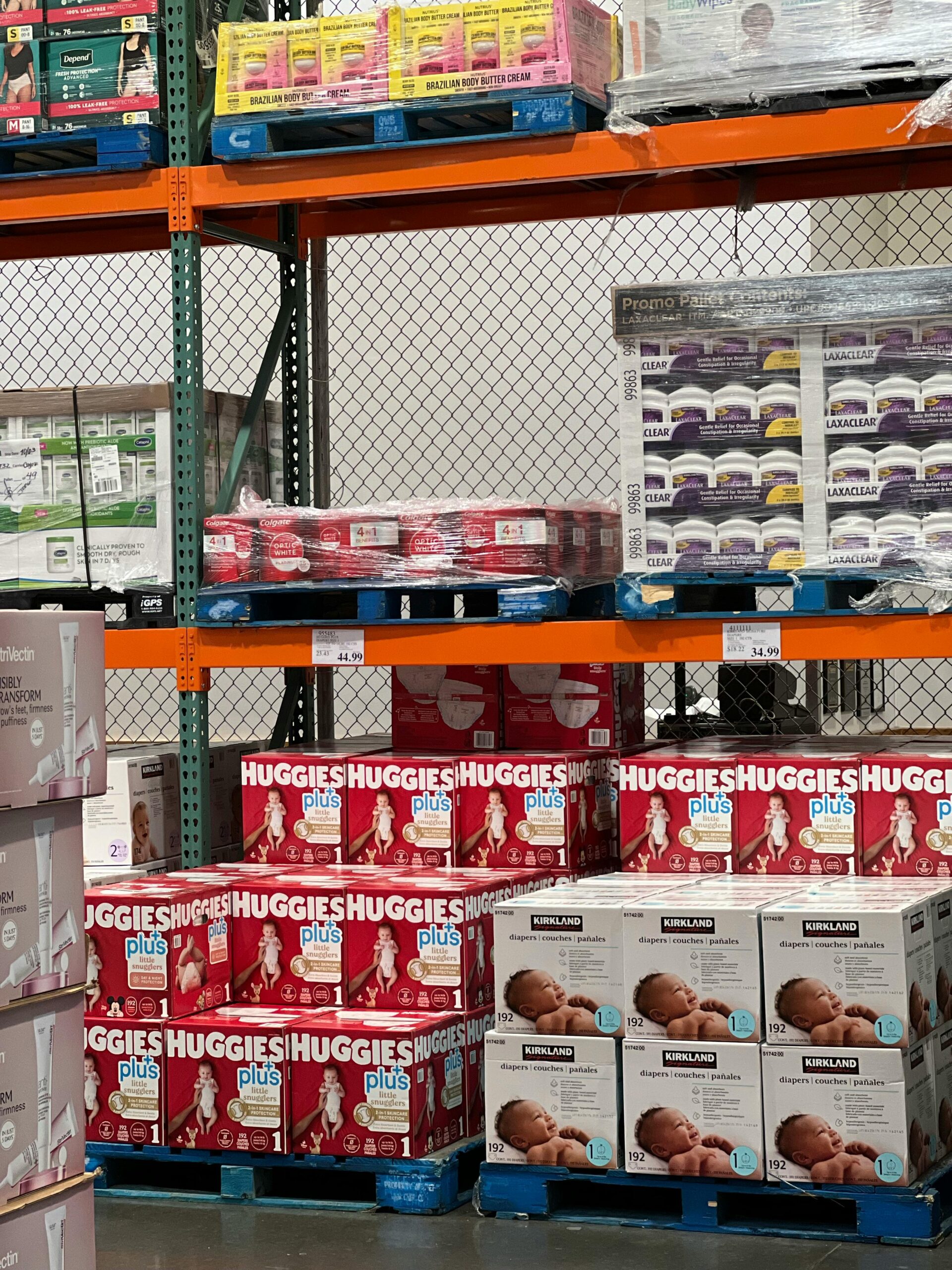4 Cooking Mistakes That Make You Gain Weight
Cooking at home seems like a far healthier option than dining out, right? Maybe not. A recent study found that the more time middle-aged women spent cooking at home, the
Cooking at home seems like a far healthier option than dining out, right? Maybe not. A recent study found that the more time middle-aged women spent cooking at home, the more likely they were to suffer from metabolic syndrome.
The reason for the finding may be that the study didn’t identify exactly what the women were cooking, so there was no way to measure the healthfulness of their homemade meals.
For example, the results wouldn’t be surprising if dinner meals included dishes like lasagna or meatloaf, rather than veggie-filled stir frys or entrée salads.
Researchers also say that the participants who cook at home more frequently may also be baking more as well, and therefore consuming more sugary treats like cookies and brownies.
The bottom line is cooking at home is a chance to either eat healthfully—or eat just as poorly as if you had ordered takeout or dined at a restaurant. Avoid these 4 common blunders to take full advantage of the health opportunity home cooking offers.
Using the Wrong Oils
Pouring the wrong oil into your pan can do worse than make your eggs taste like olives. When an oil heats past its smoke point, the fatty acid profile has degraded, producing toxins, free radicals, and even trans fats. She recommends using walnut or olive oil for salad dressings since they both can burn at high temperatures. Coconut, grapeseed, and sunflower oils, however, all have high smoke points, making them perfect for sautéing and grilling. Stock up on these four alternative cooking oils.
Thinking One Serving Size Fits All
You might be able to put away as much food as your partner, but that doesn’t mean it’s a good idea. So how big should your servings be?
Baking Without a Roasting Pan
Baking is a great way to keep your dishes low-cal. But unless you set your meat on a rack, it’s just going to sit in and soak up its own grease, thwarting your weight-loss efforts. Next time you pop some steak, pork, poultry, or even fish in the oven, make sure it’s on a roasting pan—or at least a wire rack in the bottom of your baking dish.
Skipping the Spice Rack
We usually rely on sugar, salt, and fat for flavor, which can up the calorie count of a dish dramatically. Using spices instead allows a cook to cut out those added sugars, oil, butter, or salt—and over time, you’ll also retrain your taste buds to not crave those salty, sugary, fatty additions. Plus, herbs and spices pack a powerful punch of health-boosting, fat-fighting nutrients like vitamins, minerals, and antioxidants. Learn how to add spices to your favorite foods.




